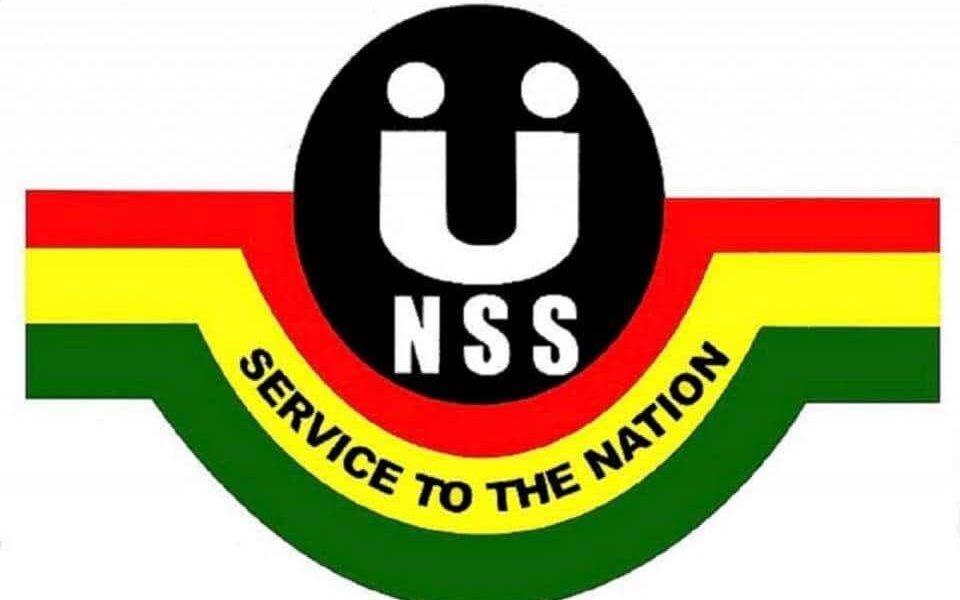National Service also known as mandatory service or compulsory service is a program that requires young individuals to serve their country for a specified period. National service is a vital aspect of many nations’ educational systems, aimed at providing graduates with practical experience and contributing to national development.
In Ghana, the National Service Scheme (NSS) was established to provide opportunities for graduates to gain practical experience and contribute to national development. However, the plight of national service personnel in Ghana has raised significant concern. This article delves into the challenges faced by these young graduates during their service years and calls for reforms to improve their experience.
To commence with, inadequate stipends: One of the major issues faced by national service personnel in Ghana is the inadequate stipend they receive. The current monthly allowance provided by the NSS is not sufficient to meet their basic needs, including accommodation, transportation, food and expenses. This often forces service personnel to seek additional financial support from their families or take up part-time jobs, which can be a significant distraction from their primary service responsibilities. The cost of living in urban areas, where many are placed, can be high. This financial strain can hinder their ability to save or invest in further education or set up their jobs after national service. To continue, another challenge faced by many personnel is inadequate placement opportunities. This is another foremost challenge faced by National Service Personnel in Ghana.
Each year, thousands of graduates are posted to various institutions but are assigned to roles unrelated to their fields of study. This often leads to frustration and underutilization of their skills. As a result, they may not be able to fully utilize their skills and knowledge, leading to a lack of job satisfaction and hindering personal and professional growth. In addition, limited opportunities for career development.
The NSS program was designed to equip graduates with practical skills and experience to enhance their employability. However, there is a lack of structured training and mentorship programs for national service personnel in Ghana. This hampers their ability to develop new skills, refine existing ones, and prepare for future career opportunities. Furthermore, inadequate supervision and evaluation. Proper supervision and evaluation play a crucial role in ensuring the effectiveness and efficiency of national service personnel. Unfortunately, many service personnel report a lack of supervision and guidance from their assigned supervisors. This not only affects their performance but also diminishes their overall experience during the service period.
Another challenge faced by national service personnel is poor working conditions. In some instances, national service personnel are subjected to poor working conditions, including long working hours, inadequate facilities and lack of necessary tools and resources to perform their tasks effectively. Again, limited access to resources is another challenge faced by national service personnel in Ghana.
National service personnel often face challenges in accessing necessary resources to carry out their assigned tasks. Inadequate infrastructure, equipment, and materials hinder their ability to deliver quality work. This can be demotivating and prevent them from making a meaningful impact during their service period—also, lack of job security. National service personnel are typically seen as temporary staff, lacking the job security enjoyed by permanent employees. This instability can create anxiety and hinder their professional growth. Many service personnel have difficulty securing long-term employment after their service year.Beside, lack of healthcare benefits is a challenge faced by national service personnel. Unlike permanent employees, federal service personnel do not typically receive healthcare benefits. This can be problematic when they face health issues during their service year.
Transportation difficulty is a challenge faced by most national service personnel. Transportation can be a significant challenge for national service personnel especially in cities with inadequate public transportation systems. Commuting to work can be costly and time-consuming, affecting their overall experience. To crown it all, over delay in payment of allowance. This, to almost all national service personnel, is one of the biggest challenges they face. National service personnel are not paid on time, which seriously threatens them.
National service personnel have to find their means of survival especially when they are far from their relatives. The National Service Scheme can owe these young graduates who are contributing to national development three to four months’ allowances. So the question I always ask myself is, how do they expect these young graduates to survive? Why should the national service personnel go through a harsh treatment all in the name of serving his or her country? In most cases, some ladies become prey to some bosses because they cannot make ends meet. It is an eyesore to see a beautiful lady trading sex for money because she is starving. National service personnel are treated like slaves and sometimes I wonder whether it is good to do national service or not. For crying out loud, these service personnel are graduates from various tertiary institutions and should be treated with respect and dignity. If the government can pay all public workers in the various sectors every month, what prevents the government from paying national service personnel promptly?The plight of National Service Personnel in Ghana is a pressing issue that demands serious attention.
To improve their experience, the government and relevant stakeholders must address the challenges they face, including inadequate placement opportunities, low stipends, job security concerns, limited training, transportation challenges, lack of healthcare benefits, poor working conditions and delays in payment of the allowance. To solve this, the government and NSS should; First and foremost, increment in stipends. Though, the government recently increased the allowance from GHC559.04 to GHC715.57, nonetheless, this money is just a chicken feed and needs to be increased to meet the needs and demands of these service personnel to meet the rising cost of living.
This would provide them with a more comfortable living and reduce their financial burdens. Again, there must be improved placement system. Efforts should be made to ensure that service personnel are assigned to positions that align with their qualifications and interests. This can be achieved through better collaboration between the NSS and organizations seeking service personnel, as well as by providing more comprehensive information about available placements.
In addition, enhanced training and mentorship programs. The NSS should establish structured training and mentorship programs to help national service personnel develop their skills and abilities further. This would contribute to their personal and professional growth and increase their chances of securing better job opportunities after their service period. Furthermore, strengthened supervision and evaluation. Supervisors should be properly trained and equipped to provide adequate supervision and guidance to national service personnel.
Regular evaluation and feedback mechanisms should be established to monitor their performance and offer necessary support and encouragement. To continue, healthcare benefits and job security should be provided to national service personnel. This will enable them to offer their services wholeheartedly thereby helping to develop our country Ghana. Lastly, the NSS should pay the allowance on time to reduce financial burdens on national service personnel. This will help to minimize the rate at which some bosses take advantage of innocent ladies all in the name of giving them money so they can have amorous sexual intimacies with them.
The plight of national service personnel in Ghana is a significant issue that requires attention from both the government and the NSS. By addressing the challenges elaborated above, we can enhance the overall experience and impact of national service personnel. This, in turn, will contribute to the development of a skilled and motivated workforce that can positively contribute to the nation’s progress.
By: Mr Amoako Enoch, Kasoa-Central Region
Contact; +233543707885




